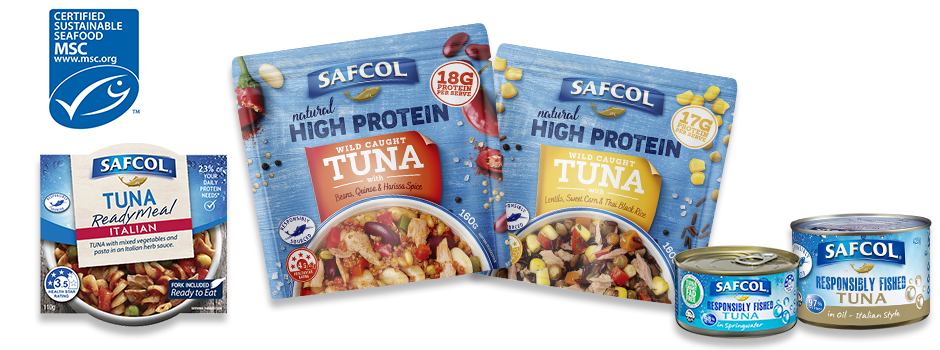by Ashleigh Feltham
Accredited Practising Dietitian and Accredited Nutritionist
Vitamins A and D are both fat-soluble vitamins. These two vitamins play many roles in keeping your body healthy. Vitamin A helps keep your eyes functioning well and maintains mucous membranes. Vitamin D allows calcium absorption. Both vitamin A and vitamin D are needed for optimal immune system function.
 Research reveals another reason for women to keep up vitamin A and D levels. These two fat-soluble vitamins are shown to reduce your risk of uterine fibroids. Uterine fibroids are a type of benign tumour found in a woman’s reproductive organs. In women of reproductive age, this is the most common type of benign tumour. The prevalence of uterine fibroids in studied populations ranges from 25% to as high as 80%.
Research reveals another reason for women to keep up vitamin A and D levels. These two fat-soluble vitamins are shown to reduce your risk of uterine fibroids. Uterine fibroids are a type of benign tumour found in a woman’s reproductive organs. In women of reproductive age, this is the most common type of benign tumour. The prevalence of uterine fibroids in studied populations ranges from 25% to as high as 80%.
For over a decade, we’ve known the role of vitamin D in reducing uterine fibroids. This finding has been evident in numerous methods of research all showing a 32% lower risk of developing uterine fibroids in women with sufficient levels of vitamin D compared to those who had insufficient levels of vitamin D.
But the role vitamin A plays in reducing the risk of developing uterine fibroids has been less studied. However, its potential influence in reducing your risk deserves attention. A study on 887 women aged between 20 and 49 years of age found that the higher the levels of vitamin A the less likely the woman was to develop uterine fibroids.
Another study of 22 583 premenopausal women supported this finding. This study utilised vitamin A found in animal products, called preformed vitamin A, rather than from plant-sourced provitamin A.
Foods that provide your body with fat-soluble vitamins A and D include seafood, which also contains a matrix of other nutrients your body requires for optimal function and health, such as omega 3 and protein. Look for ethically sourced seafood, which is not only good for your health but looks after the health of the planet, protecting the sustainability of seafood. Try to include seafood two to three times each week, with one serving equivalent to 100g of cooked seafood.
Remember that excess amounts of fat-soluble vitamins are not excreted. Taking high doses in supplemental form or consuming over the recommended daily intake can cause ill health. Always seek the advice of your GP and Accredited Practising Dietitian who can advise on your individual needs of fat-soluble vitamins, and whether you need supplements based on your individual circumstances.
Take home message
Vitamins A and D can reduce the development of uterine fibroids. These two fat-soluble vitamins play vital roles in the body, such as eye health and optimal immune system function. Include seafood two to three times each week you can help your body to meet its needs for vitamins A and D.
References:
- Ciebiera M, Ali M, Zgliczyńska M, Skrzypczak M, Al-Hendy A. Vitamins and Uterine Fibroids: Current Data on Pathophysiology and Possible Clinical Relevance. International Journal of Molecular Sciences. 2020; 21(15):5528.
- Li S, Chen B, Sheng B, Wang J, Zhu X. The associations between serum vitamin D, calcium and uterine fibroids in Chinese women: a case-controlled study. J Int Med Res. 2020 May;48(5):300060520923492. doi: 10.1177/0300060520923492. PMID: 32458705; PMCID: PMC7273764.
- National Research Council (US) Committee on Diet and Health. Diet and Health: Implications for Reducing Chronic Disease Risk. Washington (DC): National Academies Press (US); 1989. 11, Fat-Soluble Vitamins. Available from:
- Martin, C.L.; Huber, L.R.; Thompson, M.E.; Racine, E.F. Serum micronutrient concentrations and risk of uterine fibroids. J. Womens Health 2011, 20, 915–922.
- Baird, D.D.; Hill, M.C.; Schectman, J.M.; Hollis, B.W. Vitamin D and the risk of uterine fibroids. Epidemiology 2013, 24, 447–453
- Wise, L.A.; Radin, R.G.; Palmer, J.R.; Kumanyika, S.K.; Boggs, D.A.; Rosenberg, L. Intake of fruit, vegetables, and carotenoids in relation to risk of uterine leiomyomata. Am. J. Clin. Nutr. 2011, 94, 1620–1631















Comments are closed.